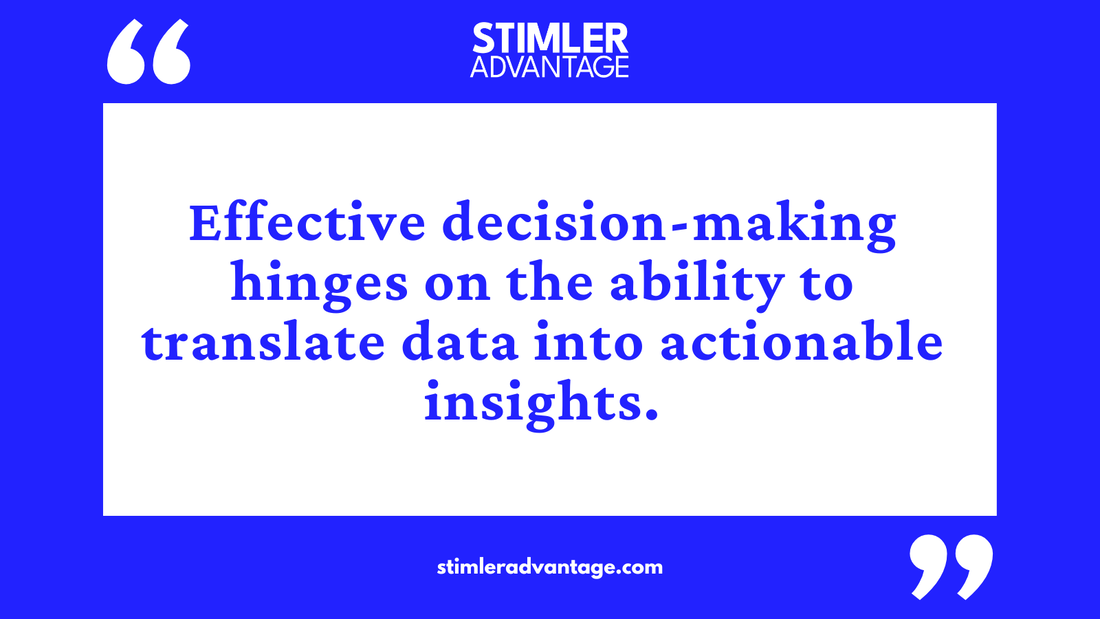Introduction to Business Intelligence at Stimler AdvantageAs part of its services, Stimler Advantage supports organizations in transforming data into actionable insights to drive smarter decision-making and optimize performance with business intelligence. Business Intelligence (BI) work is informed by the Stimler Advantage 5 S’s Framework. Effective decision-making hinges on the ability to translate data into actionable insights. This is where BI comes in, empowering organizations to leverage data for strategic advantage. It empowers organizations better to understand their customers, markets, and operations, enabling them to make data-informed decisions that optimize performance and support sustainability. 5 Tips for Business Intelligence
Here are some further considerations for Business Intelligence:
Connect with me to discuss your executive management consulting needs. Comments are closed.
|
AuthorNeal Stimler is President of Stimler Advantage. Archives
March 2024
Categories |


